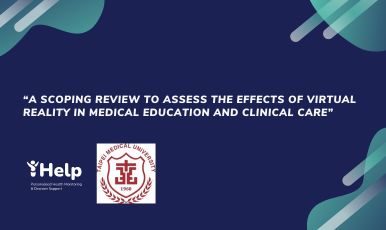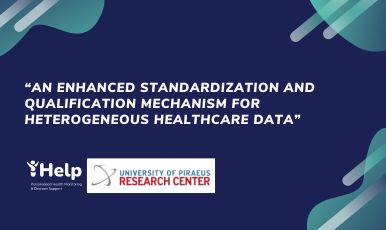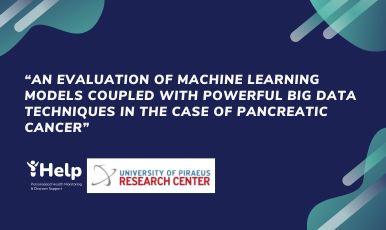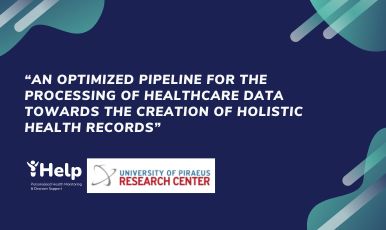Our research paper titled “A scoping review to assess the effects of virtual reality in medical education and clinical care” has been published in the journal “Digital Health”.
Our scoping review explores the integration of Virtual Reality (VR) within the broader context of digital health technologies, focusing on its applications in medical education and clinical care. This study highlights how VR, as a critical component of digital health, supports both educational and therapeutic goals. For medical students, VR offers a dynamic learning environment where they can hone their skills and build confidence without the direct risks associated with real-life clinical settings. This safe, controlled approach is particularly crucial during times when traditional educational methods are disrupted, such as during the COVID-19 pandemic.
In terms of patient care, VR proves to be a versatile tool in the treatment and management of conditions, particularly in mental health and rehabilitation. Our findings illustrate that VR can significantly enhance clinical outcomes, offering patients immersive therapeutic experiences that aid in pain management, stress reduction, and rehabilitation of cognitive functions. By conducting this review, we contribute to the understanding of VR’s effectiveness and advocate for its continued development within the digital health era. The study calls for further collaboration to refine VR applications and establish guidelines that enhance its educational and clinical efficacy, ensuring VR’s role in advancing healthcare and medical training.






